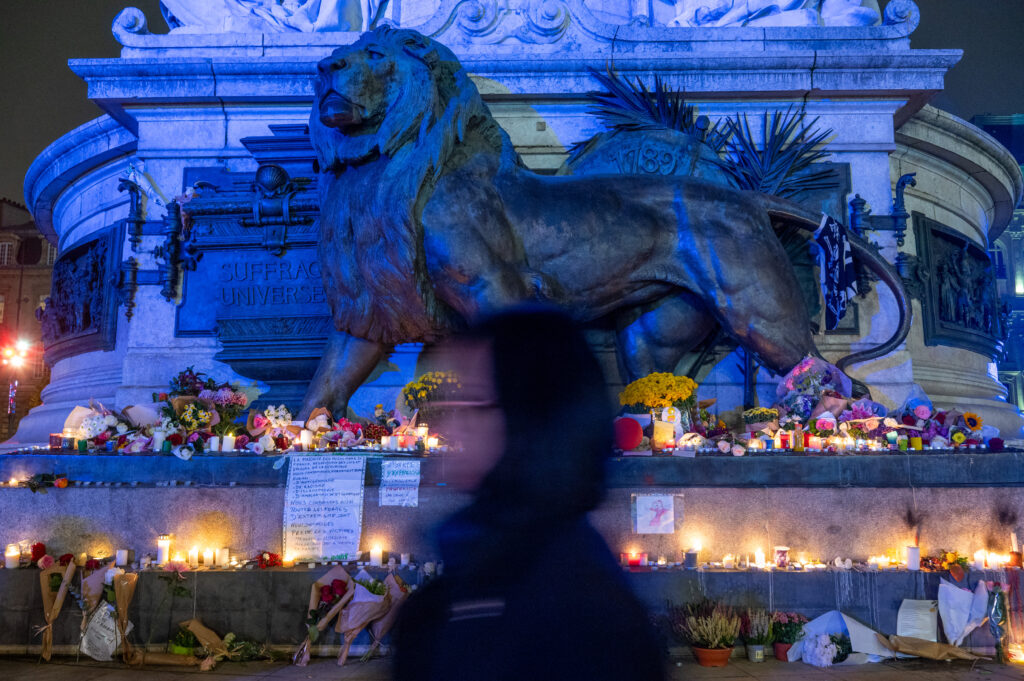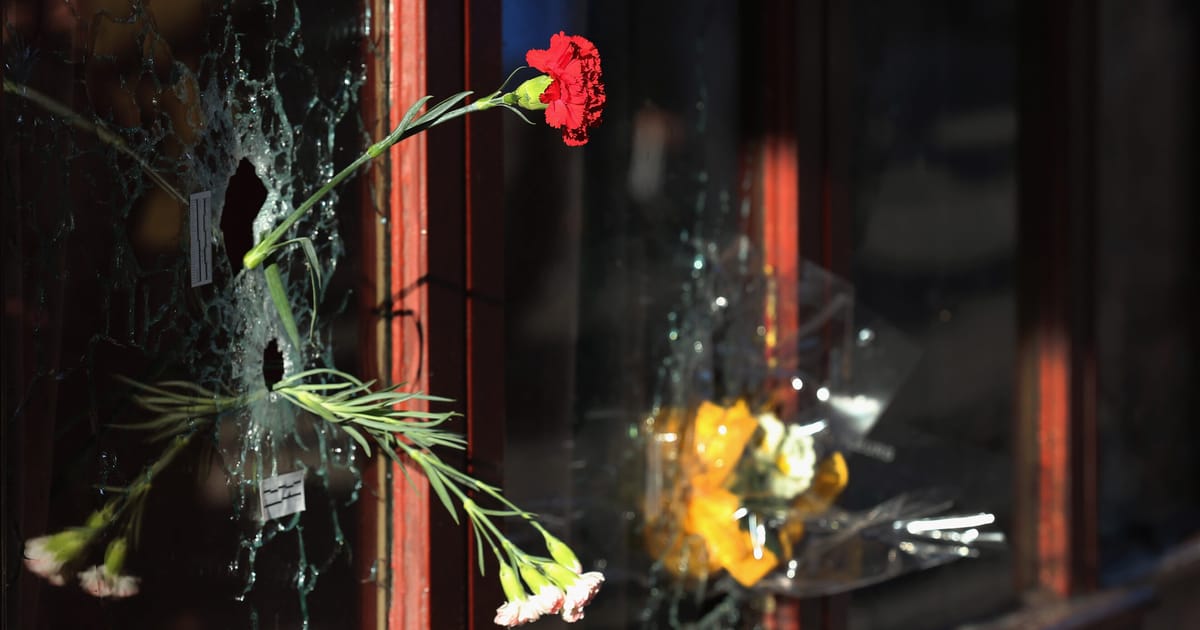French voters today remain concerned about the threat of terrorism, and are overwhelmingly supportive of the idea that public safety requires some sacrifice when it comes to personal freedoms, according to a survey from respected pollster Elabe conducted in July.
“Even with an open question and no suggested answers on what are the biggest threats they face, French people will spontaneously mention terrorism,” said Frédéric Dabi, director general of the polling firm IFOP.
Marine Le Pen’s National Rally, which has largely approved of measures directly strengthening the fight against the terror threat, wants to go a step further by “banning all expression of Islamist thought in France,” said a high-ranking official from the far-right party, who was granted anonymity to speak candidly.
 French voters today remain concerned about the threat of terrorism, and are overwhelmingly supportive of the idea that public safety requires some sacrifice when it comes to personal freedoms, according to a survey from respected pollster Elabe. | Hans Luca/Getty Images
French voters today remain concerned about the threat of terrorism, and are overwhelmingly supportive of the idea that public safety requires some sacrifice when it comes to personal freedoms, according to a survey from respected pollster Elabe. | Hans Luca/Getty Images
Critics of the status quo, like lawmaker Pouria Amirshahi, fear that an illiberal government could one day use tools aimed at security threats to target political opponents — especially in France, given the National Rally’s steady rise in recent decades.
Amirshahi was among only six of 577 lawmakers to vote against extending the state of emergency six days after the Nov. 13 attack, due to concerns that France would be “weakening the rule of law” by handing the executive more ability to bypass the judiciary.
He said France should have taken inspiration from Norway’s decision to respond to the 2011 attack there with “more democracy, more openness and more humanity.”
“In all countries that have shifted toward illiberalism — both historically and today, in Hungary and Argentina — heavy security measures came first to prepare the ground,” Amirshahi said. “There are currently no bills to roll back the measures adopted after 2015, and little concern for rights and liberties among legislators.”
“The headwinds against us are extremely strong,” he concluded.

